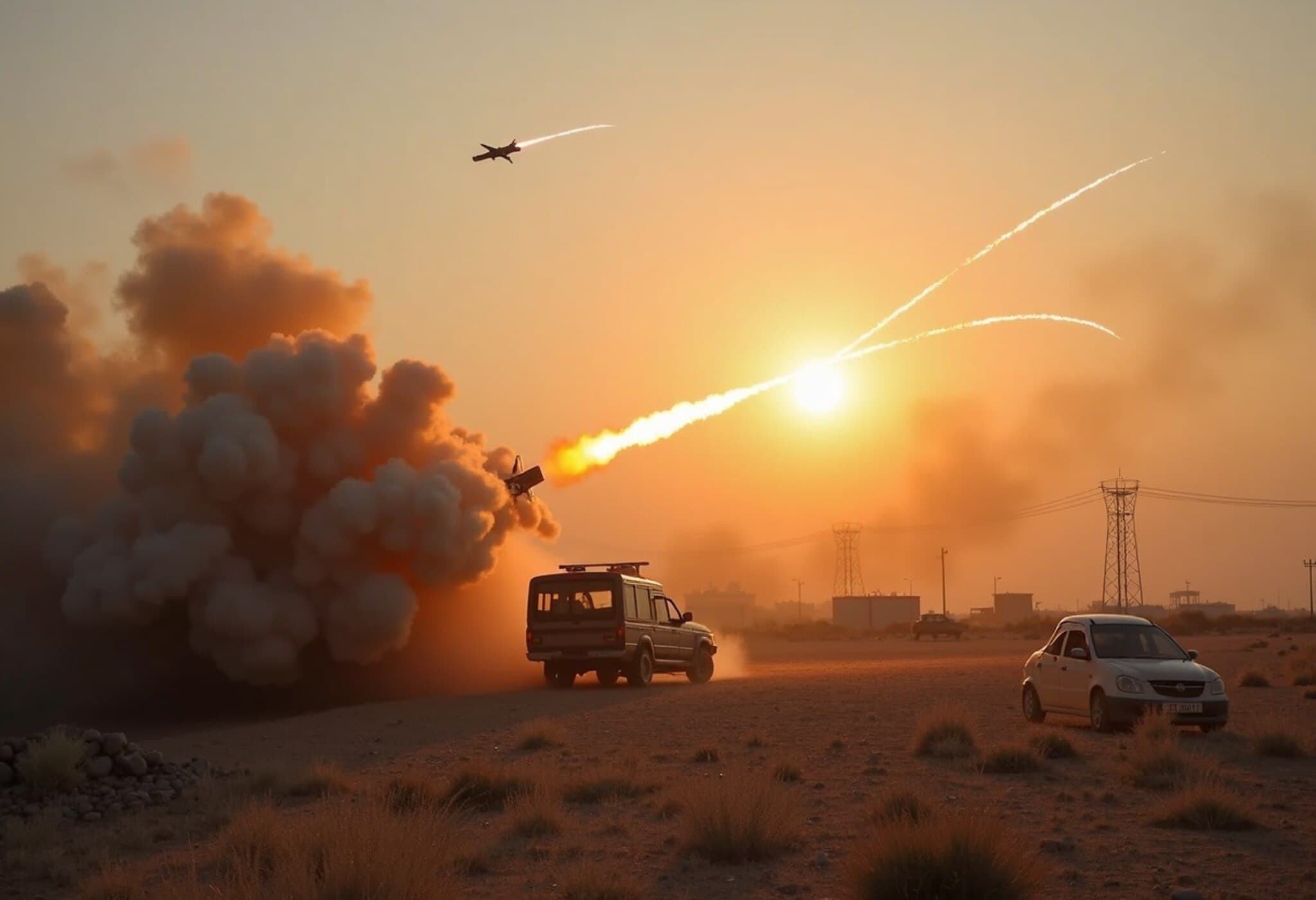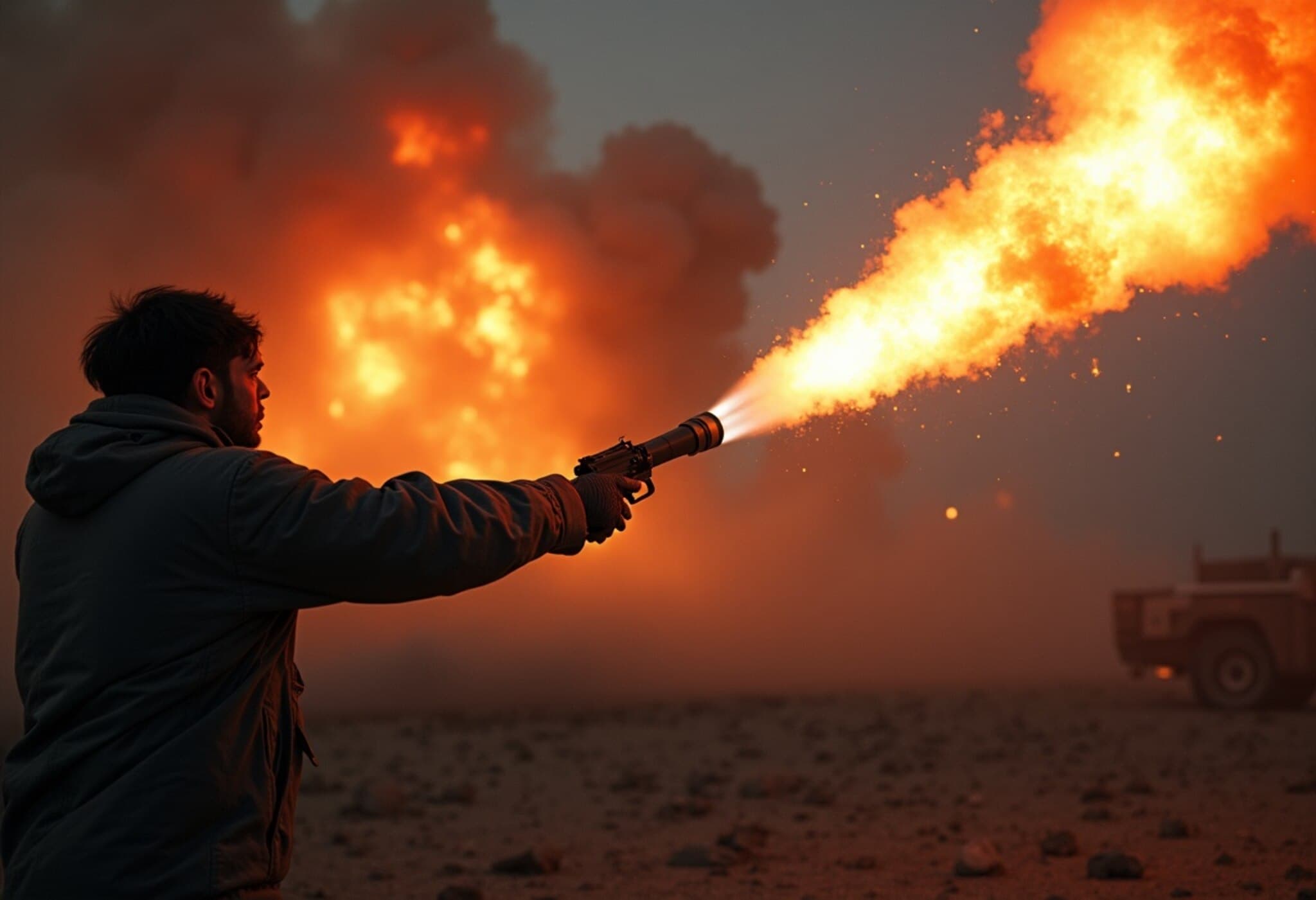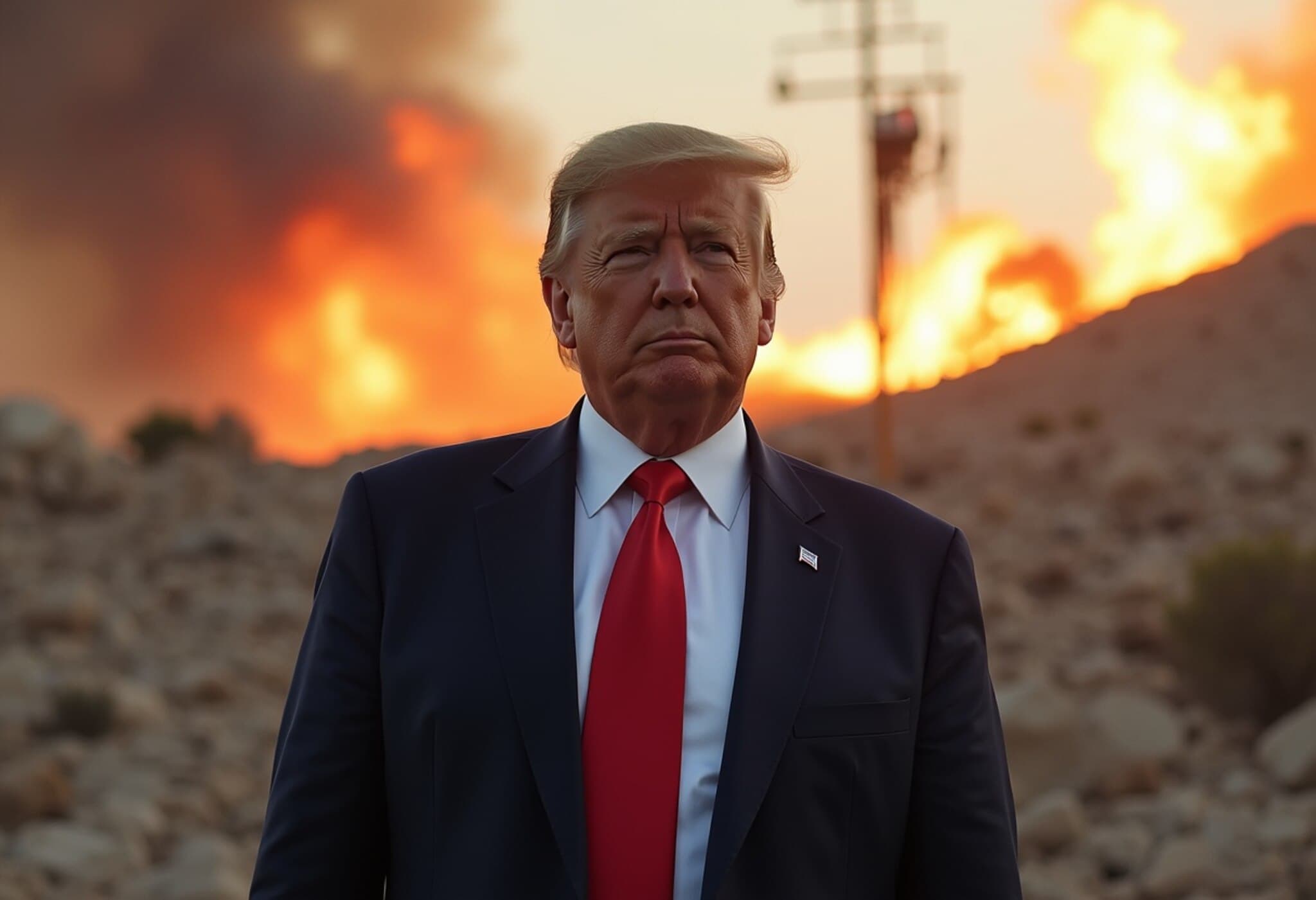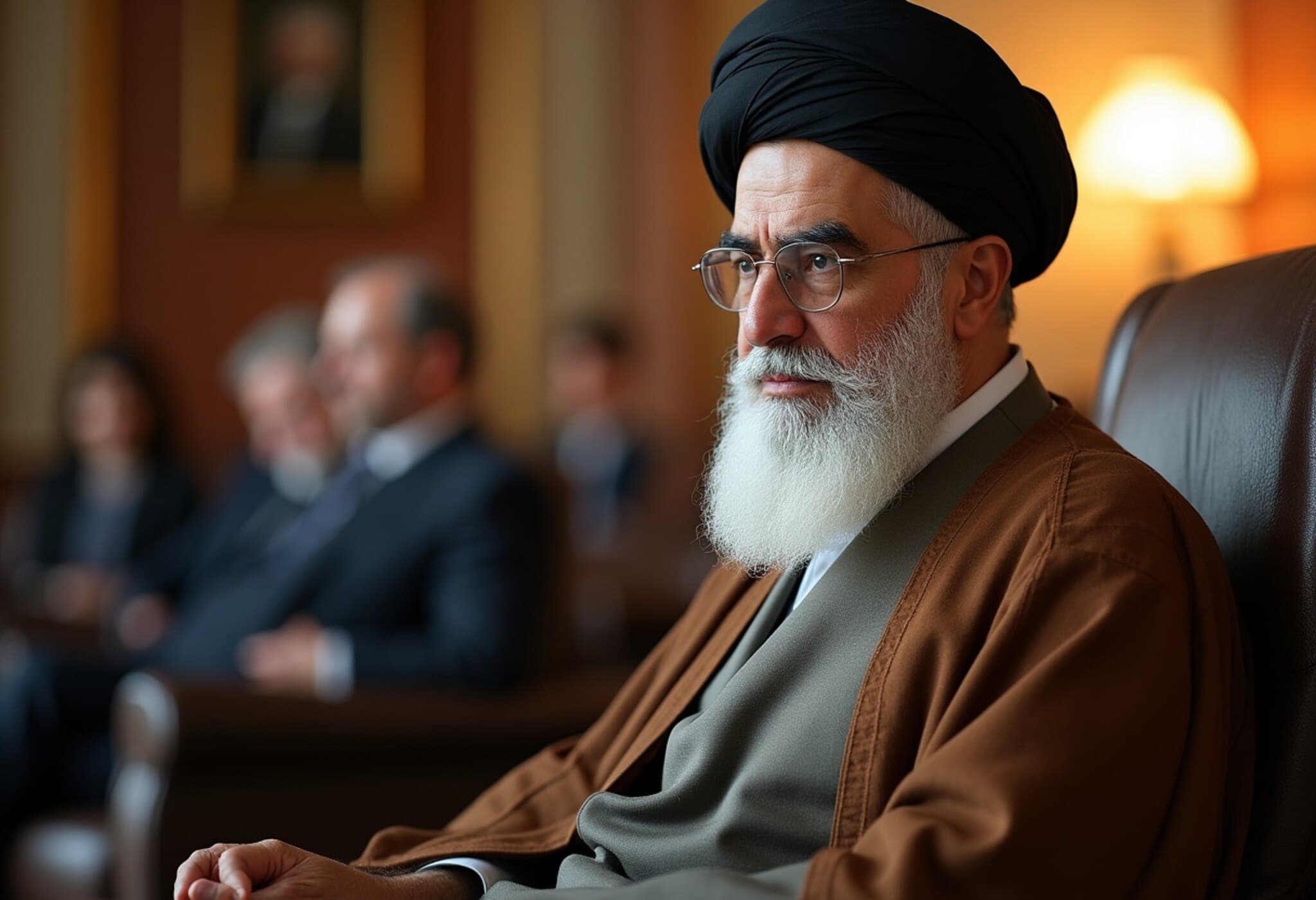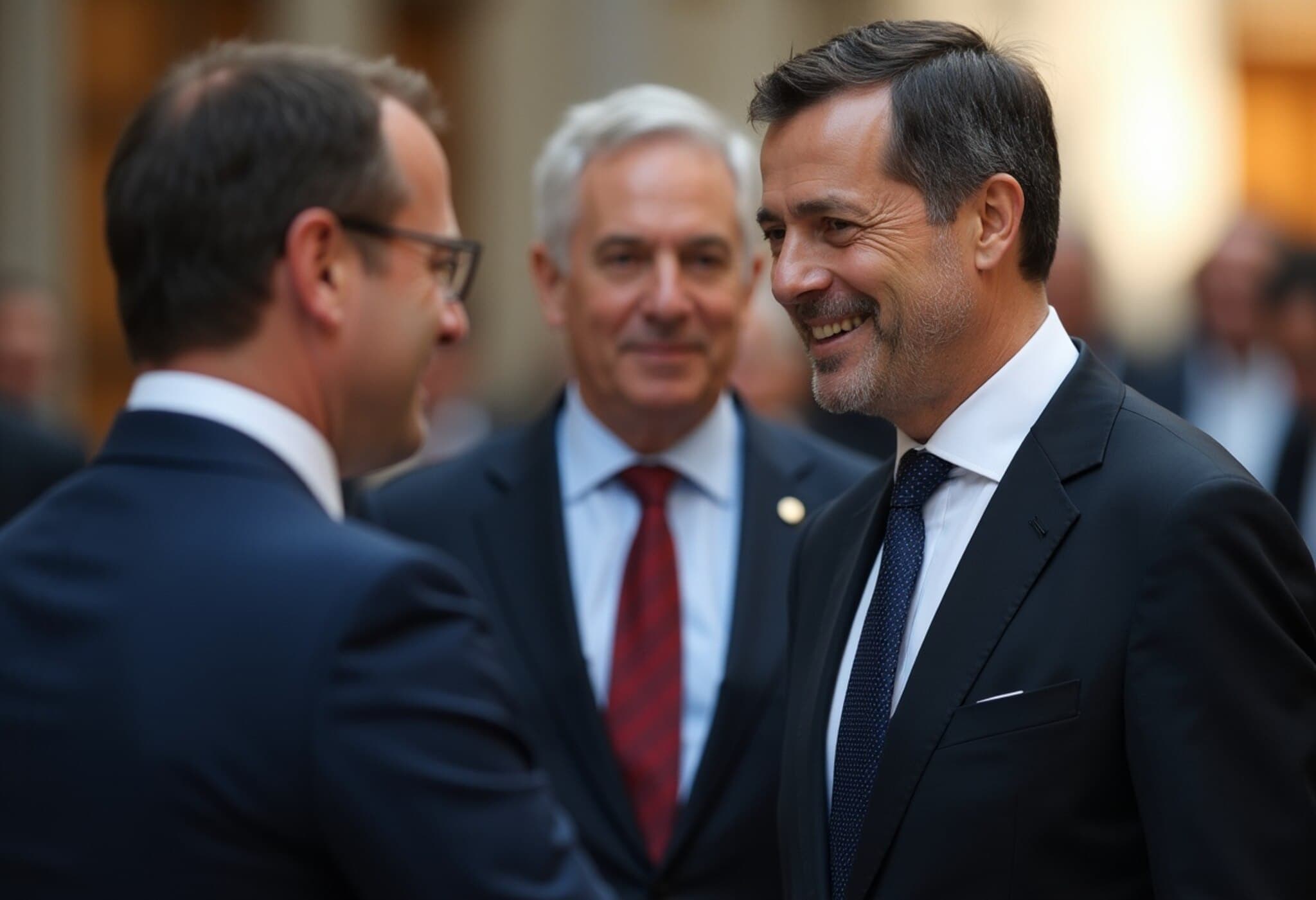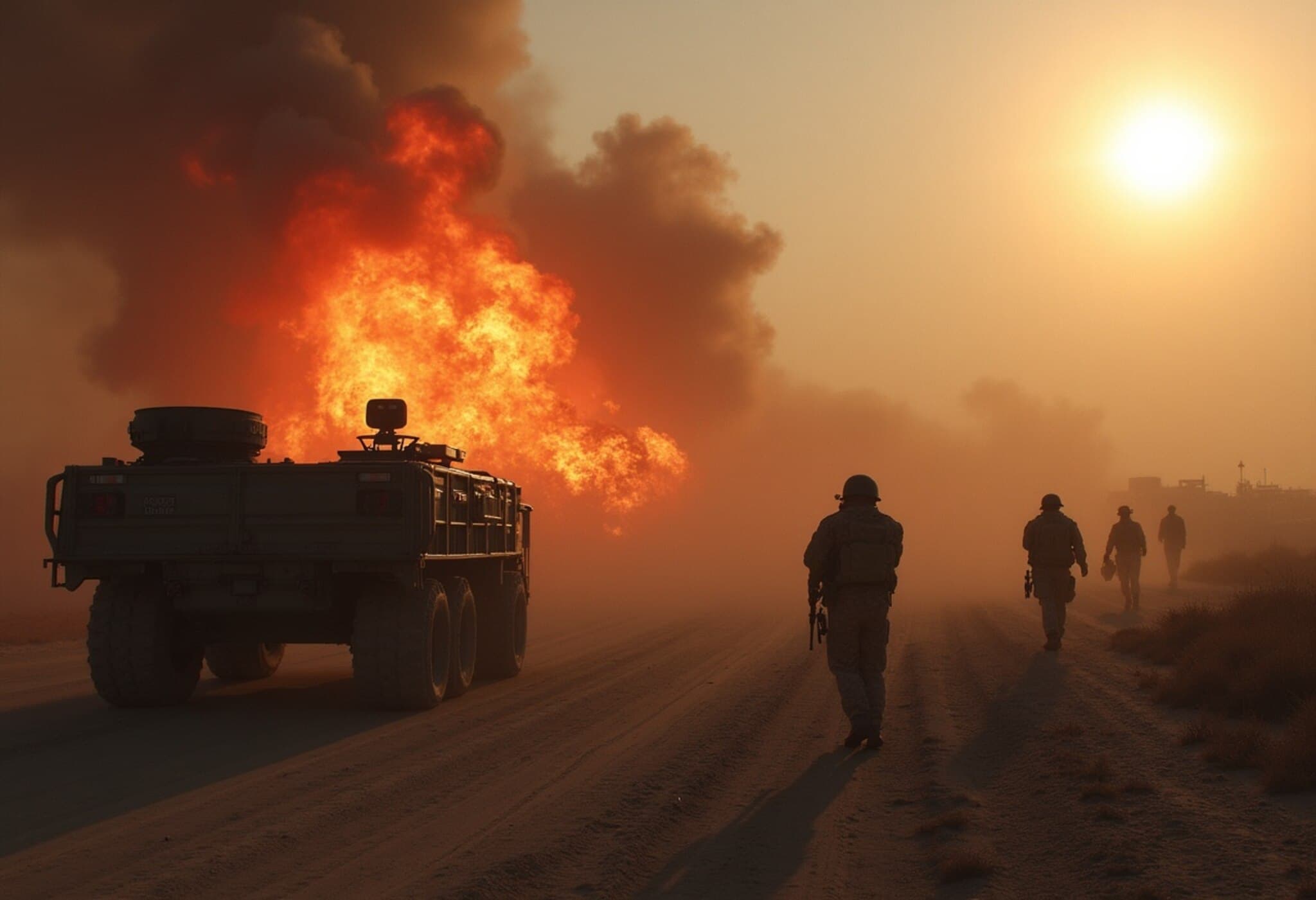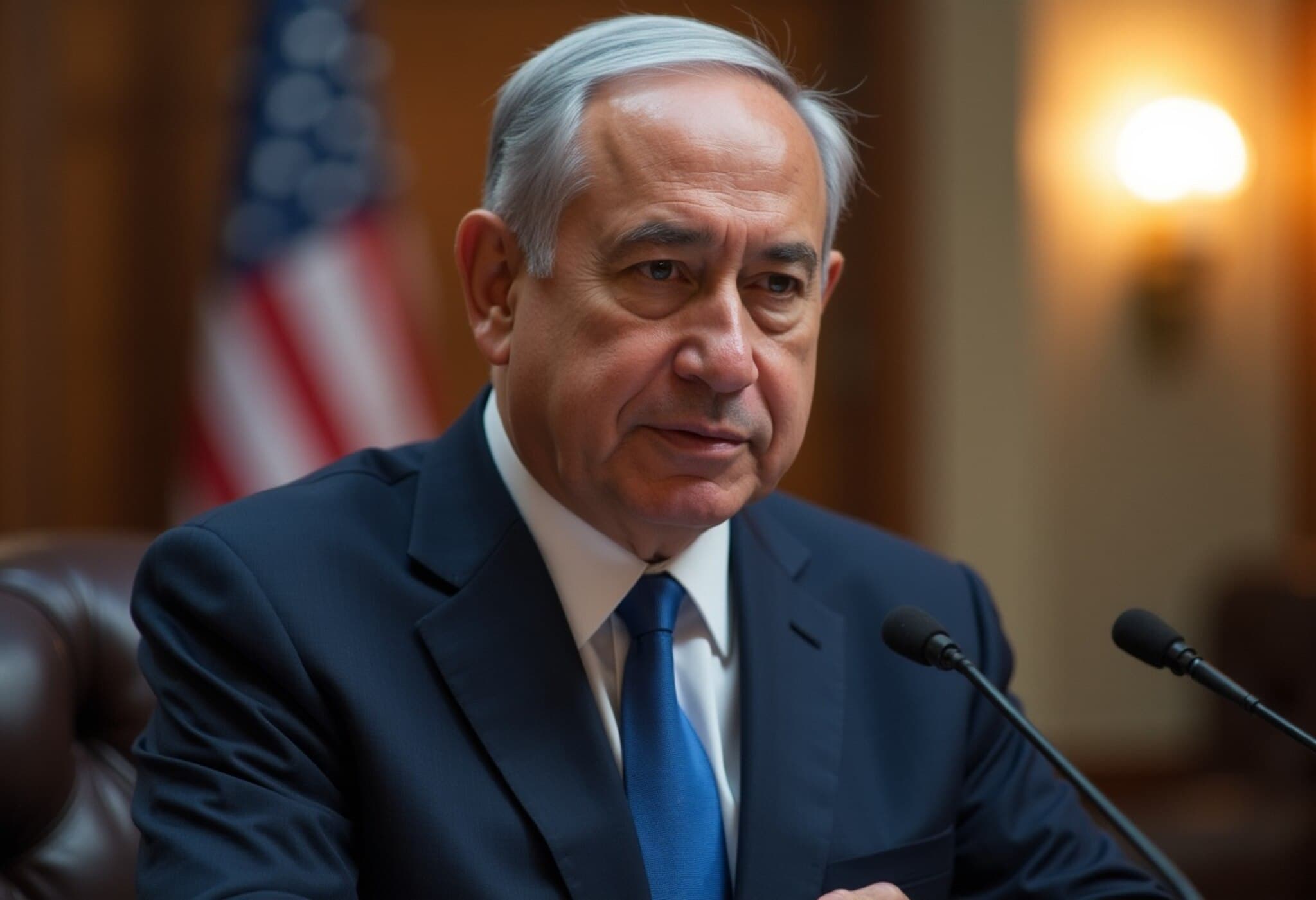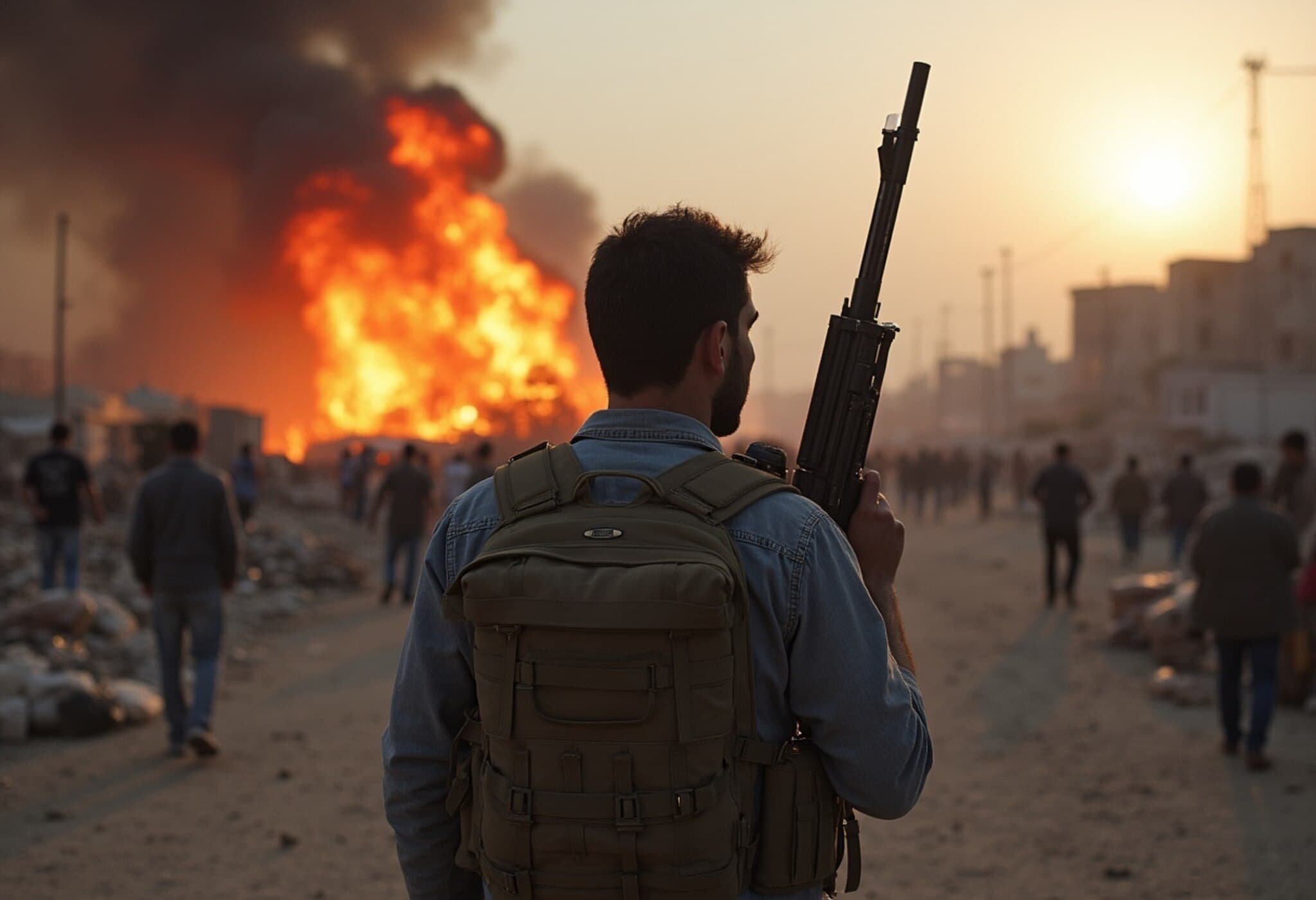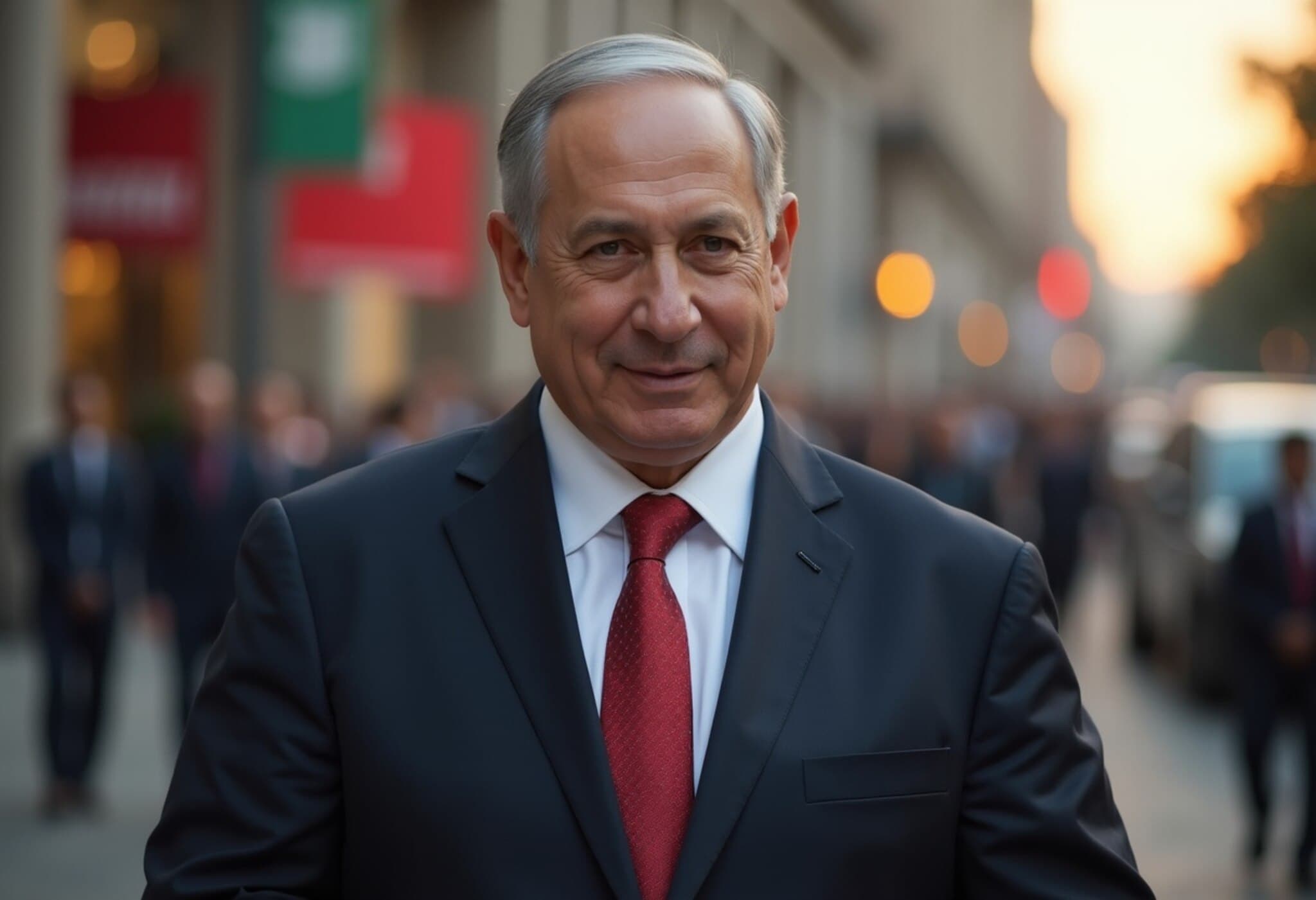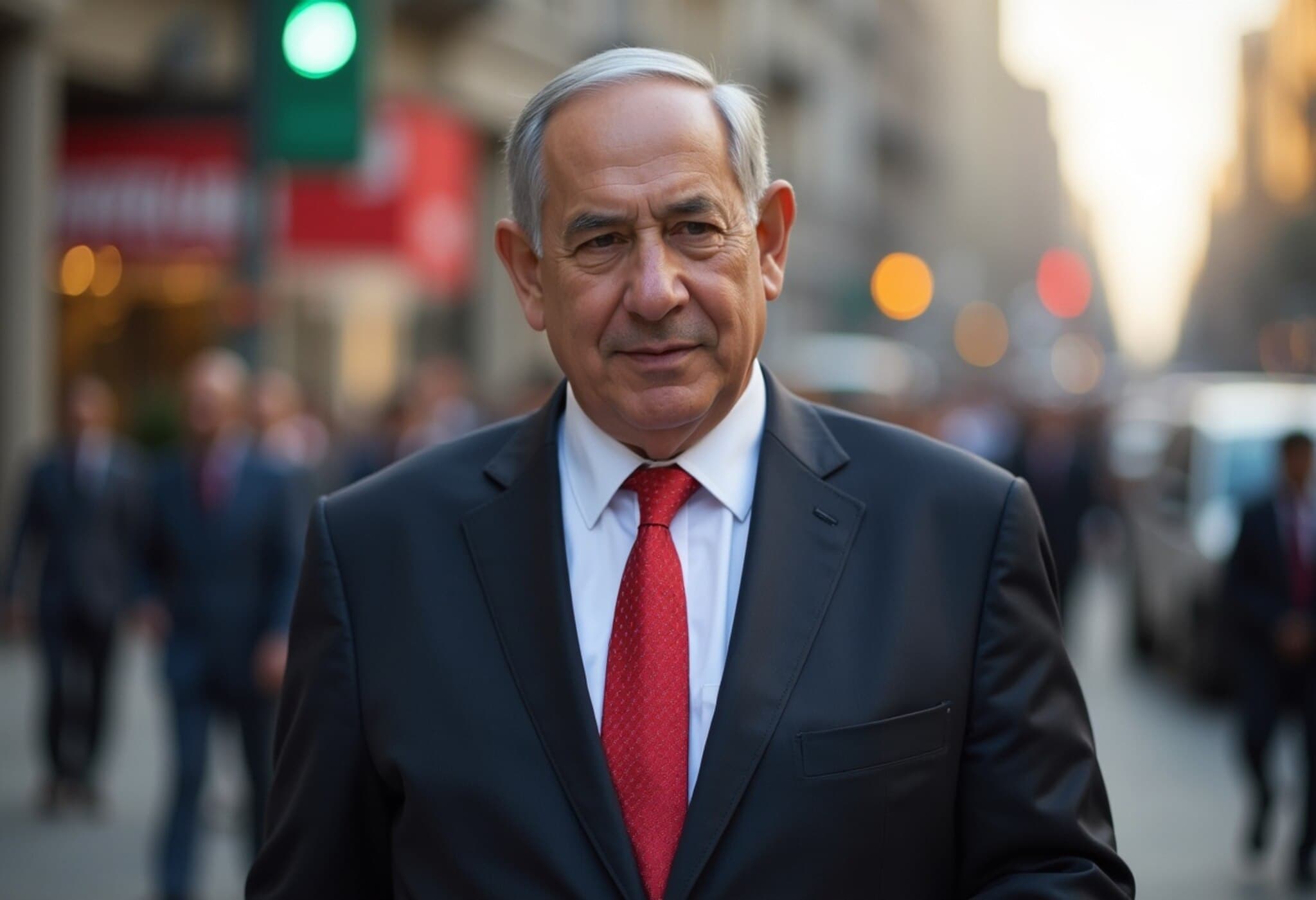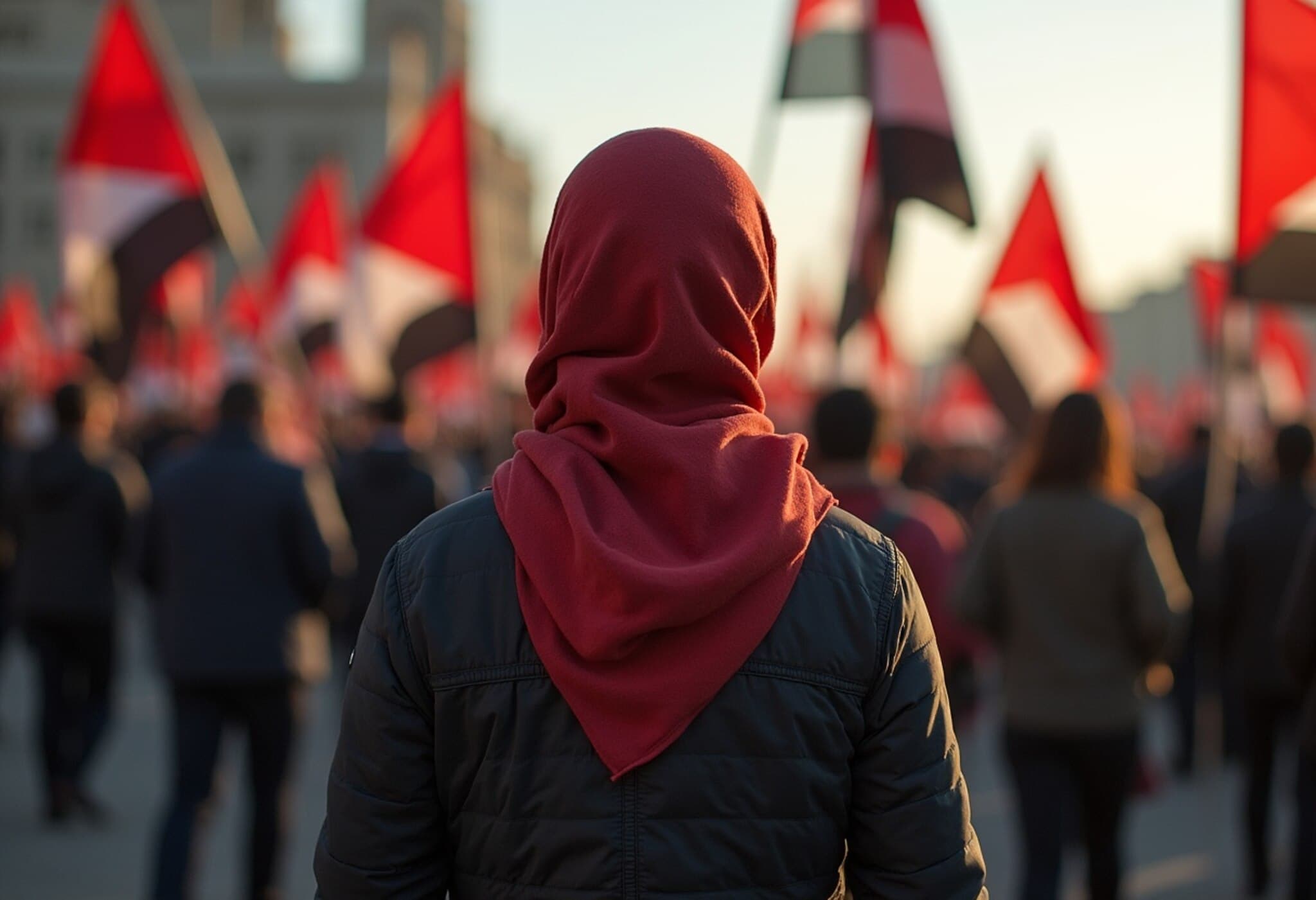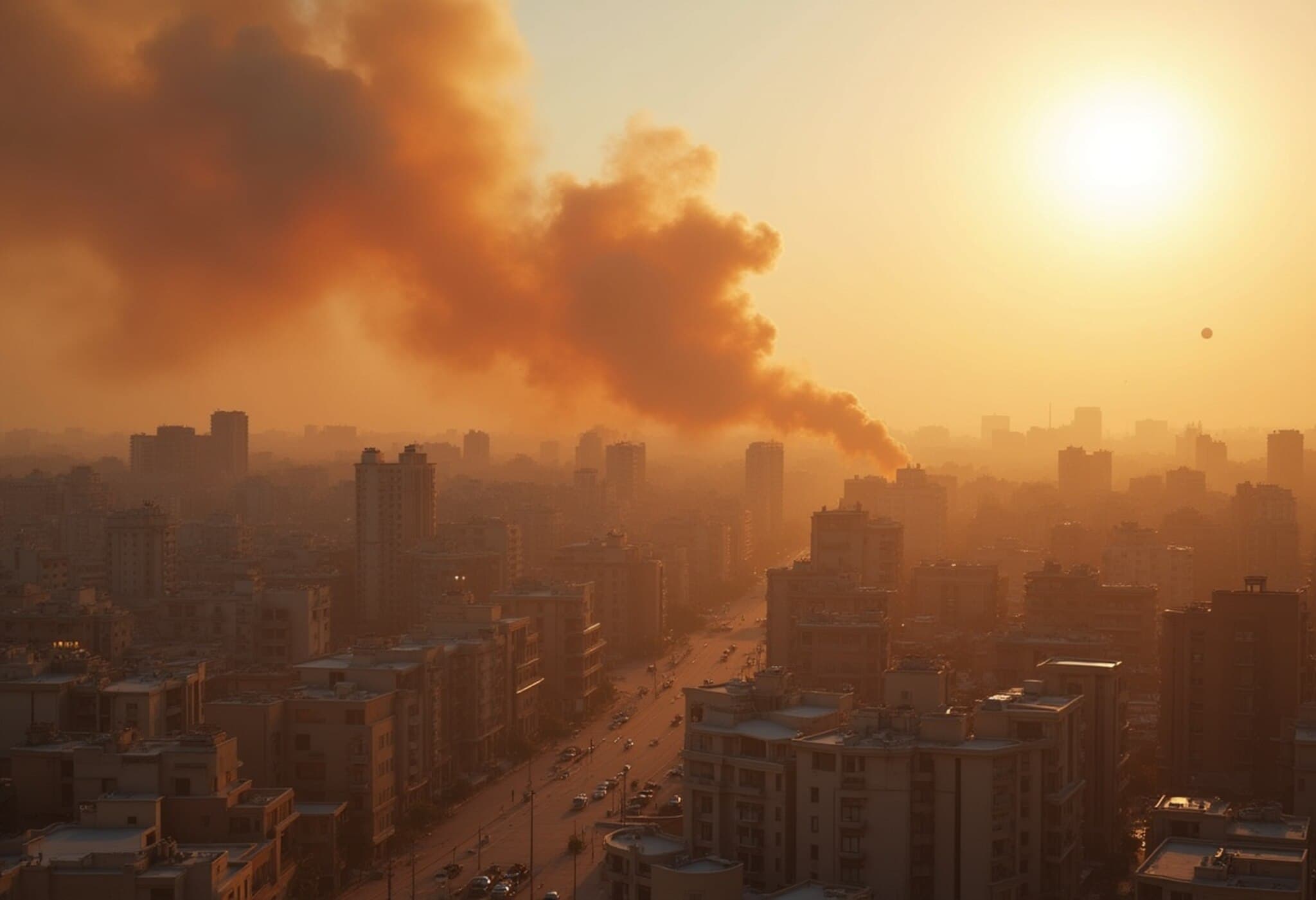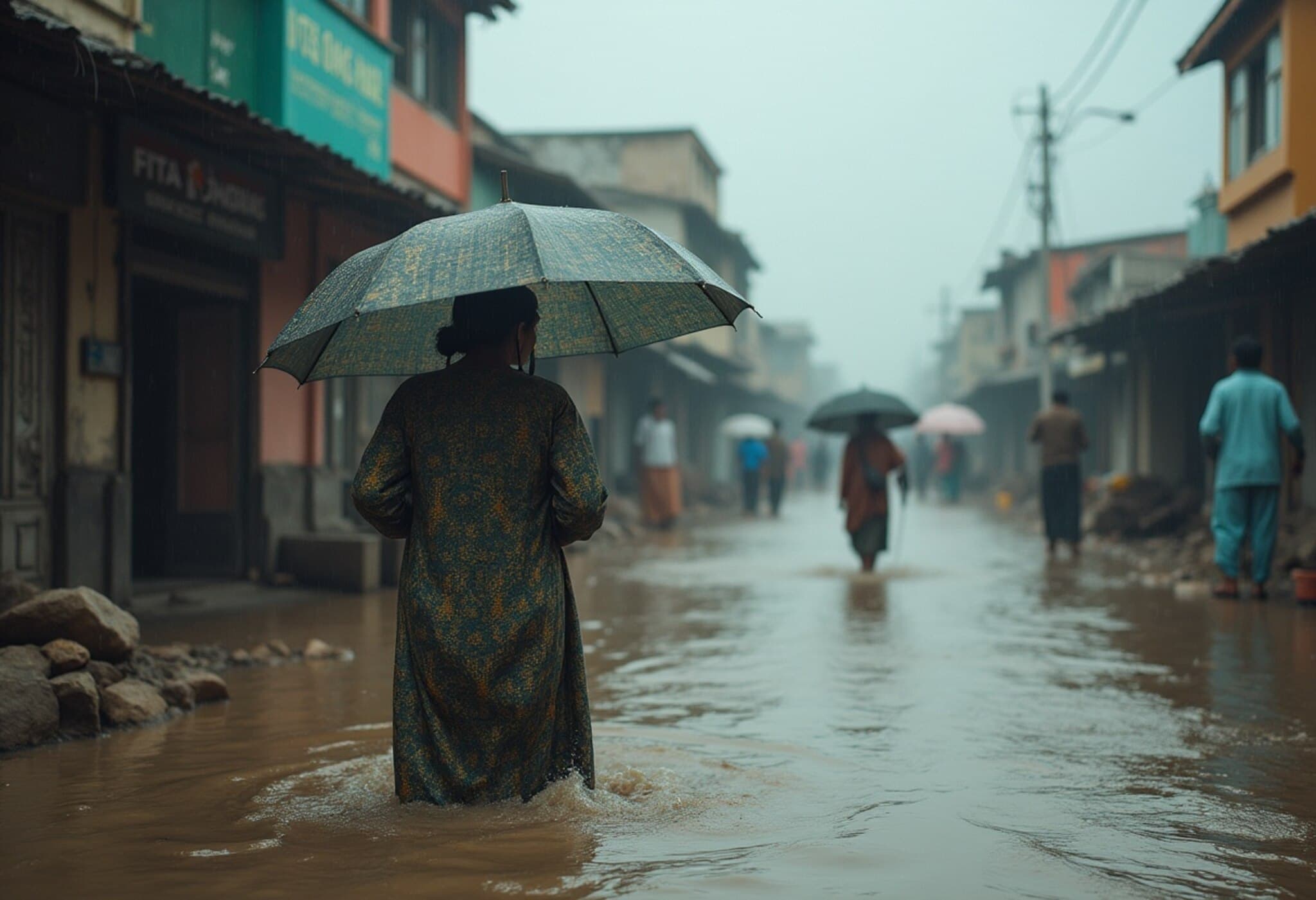Israel Challenges UN Rights Commission, Citing Institutional Bias
In a bold move reflecting ongoing tensions, Israel has formally urged the United Nations Human Rights Council (UNHRC) to dismantle the Independent International Commission of Inquiry tasked with investigating human rights violations in Israel and the Palestinian territories. The Israeli government accuses the commission of entrenched "institutional discrimination" and persistent bias against its military operations, particularly amid the ongoing conflict in Gaza.
The Core of the Dispute: UNHRC’s Gaza War Commission
Established in May 2021 during a prior outbreak of violence between Israel and Hamas, the commission’s mandate has been comprehensive: to collect and preserve evidence potentially relevant for international legal accountability, including possible cases before the International Criminal Court (ICC). Since the outbreak of hostilities triggered by Hamas’s October 7, 2023 attacks on southern Israel, the body has issued repeated condemnations of Israel’s military responses in Gaza.
Israel, however, has consistently rejected these findings, labeling the commission’s work as highly prejudiced and one-sided. In a letter obtained by Reuters, Israel’s Ambassador to the UN in Geneva, Daniel Meron, strongly criticized the commission, stating: "The Commission of Inquiry, both in its mandate and in the work of its members, constitutes nothing less than a manifestation of the institutional discrimination against Israel in the Human Rights Council."
International Legal and Political Dimensions
The commission’s investigations carry significant weight, especially since their findings may feed into ICC prosecutions. This puts Israel’s operations under intense global scrutiny. In March 2025, the commission’s report controversially accused Israel of "genocidal acts" against Palestinians, igniting fierce backlash from Israeli Prime Minister Benjamin Netanyahu, who branded the allegations as both biased and antisemitic.
Israel’s formal withdrawal from the Human Rights Council in February 2025 underscored its frustration with what it perceives as unfair treatment in the international arena.
UNHRC Response and Future Outlook
In response to Israel’s request, UNHRC spokesperson Pascal Sim confirmed that the letter was received by Council President Jurg Lauber. However, Sim emphasized that the authority to dissolve the commission rests collectively with the council’s 47 member states, not with the president alone.
This procedural nuance highlights the broader political complexities embedded within the UNHRC, where debates often reflect deeper geopolitical divides between member nations.
Expert Analysis: Beyond the Headlines
From an American legal and policy perspective, this dispute exemplifies how international human rights mechanisms intersect with national security concerns. The accusations of bias raise critical questions about how impartiality is maintained in institutions charged with delicate geopolitical mandates.
Moreover, the framing of allegations such as "genocide" profoundly impacts diplomatic discourse and can influence U.S. foreign policy, which traditionally balances strategic support for Israel with calls for humanitarian accountability.
Observers note that Israel’s challenge to the commission not only reflects grievances over procedural fairness but also signals a strategic effort to resist international legal pressures while controlling the narrative around the Gaza conflict.
Underreported Dimensions
- How do similar UN inquiries into other conflict zones compare regarding perceptions of bias and effectiveness?
- What are the implications for Palestinian voices and victims if the commission is disbanded?
- How does Israel’s withdrawal from the UNHRC affect broader human rights engagement and regional diplomacy?
Editor’s Note
This confrontation between Israel and the UNHRC’s Gaza war commission underscores the enduring challenge of ensuring accountability without politicization in international human rights work. As fierce debates continue over the facts on the ground, it’s crucial for readers to critically examine both the mechanisms of global justice and the political interests that influence them. What remains clear is that transparent, fair investigation processes are essential—not only for Israel and Palestine but for the international community’s credibility in safeguarding human rights amid protracted conflict.



